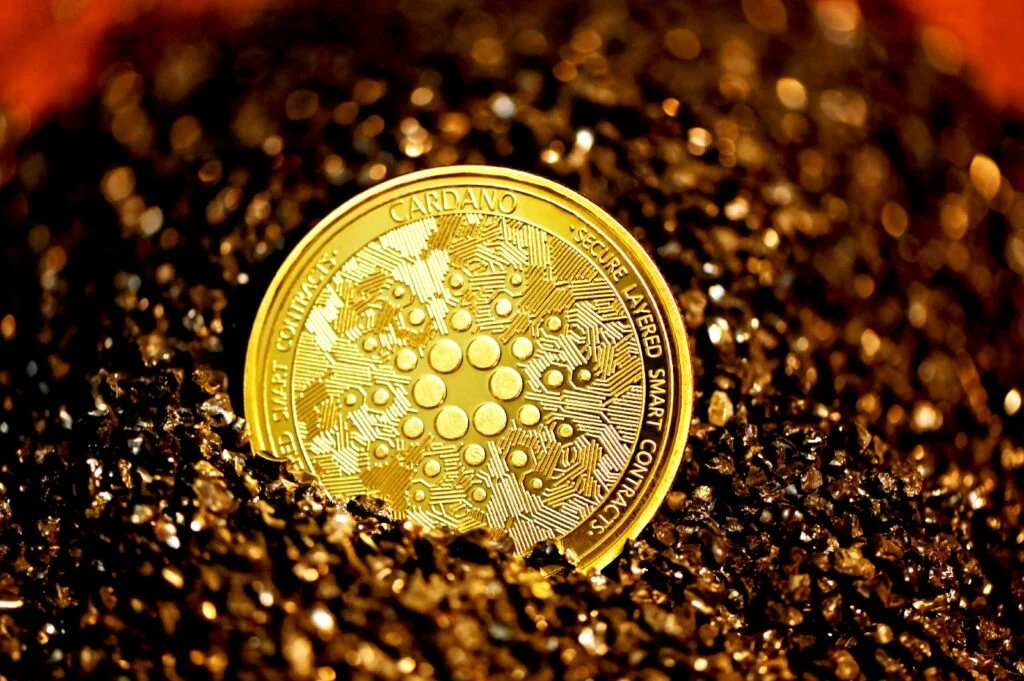It was initially planned for the Vasil hard fork to launch in June, but the Cardano blockchain development teams have emphasized a seamless network transition.

The Cardano (ADA) Vasil hard fork has been postponed one more as developers working on the Cardano blockchain strive for a seamless network update after failing to go live last month.
The group in charge of Cardano’s research and development, Input Output Global (IOG), published a YouTube update on the impending Vasil hard fork on Thursday.
The Vasil hard fork will be delayed once further, according to IOG technical manager Kevin Hammond, in order to make sure that all stakeholders, including exchanges and API developers, are “all ready for it.” Hammond remarked:
“Obviously, from where we are, there could be a few more weeks before we go to the actual Vasil hard fork. […] This is incredibly important. All the users must be ready to progress through the hard fork to ensure a smooth process.”
As of the Cardano node version 1.35.2, Hammond noted that IOG has been concentrating on resolving several testnet difficulties. The latest node version addresses problems with developers of decentralized applications (DApps), stake pool operators, internal testing, and other testnet-found problems.
“The goal is that it will flush out any final issues as we go to the Vasil hard fork. What we’re doing is fixing on testing authority, getting it right and not rushing,” Hammond added.
The price of ADA has increased by more than 7% over the previous 24 hours as of the time of writing, trading at $0.537, amid the anticipated update’s notable volatility. According to information from CoinGecko, the value of the cryptocurrency has increased by 21% during the last 14 days.
Since the completion of the Alonzo hard fork in September 2021, the Vasil hard fork is the largest improvement to Cardano. The forthcoming fork is hailed as a “game changer” in the growth of Cardano since it is anticipated to increase the network’s speed and scalability, making it more suited for smart contracts and DApps.
With an initial goal of carrying out the hard fork on the mainnet on June 29, Input Output published the plan for the Vasil hard fork in May 2022. Due to multiple “serious” issues, the hard fork was ultimately postponed until the last week of July.
The cryptocurrency industry was expecting another significant event for one of the biggest cryptocurrencies by market capitalization until Vasil’s delay occurred. On September 19, Ethereum, the second-largest blockchain in terms of value, will enter the merger phase of its proof-of-stake (PoS) shift. The phase has been postponed several times, as was previously reported, and the whole improvement is anticipated to become operational in 2023.
